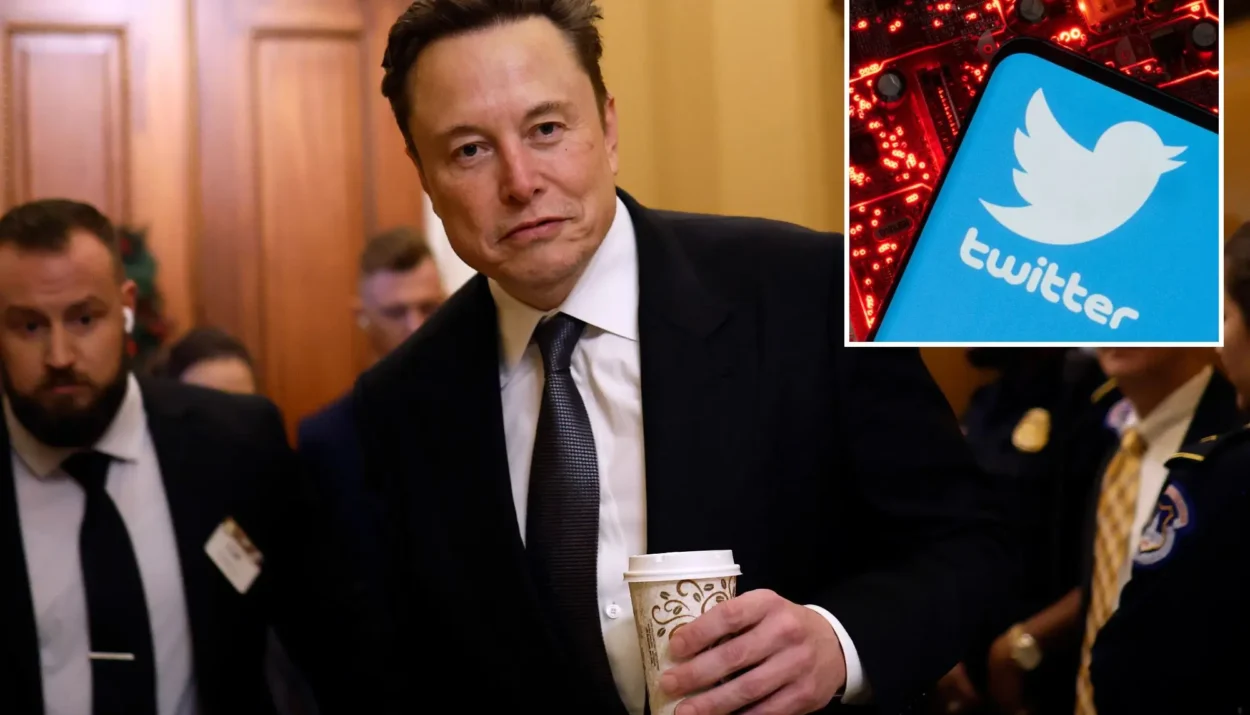The SEC claims Musk violated securities laws during his controversial $44 billion purchase of Twitter in 2022. Allegations include misleading public statements and improper disclosures that may have impacted shareholder decisions and market behavior.
- Misleading Statements:
The SEC alleges that Musk made public comments and tweets that were “false or materially misleading,” potentially affecting Twitter’s stock price and influencing investor sentiment. - Disclosure Violations:
Musk is accused of failing to promptly disclose his initial stake in Twitter, which exceeded 5%, as required by federal securities laws. This delay allegedly allowed him to buy additional shares at a lower price before his stake became public. - Market Manipulation Concerns:
The lawsuit claims Musk’s actions caused unnecessary volatility in Twitter’s stock price, harming investors and undermining market integrity.
Musk’s Response
Elon Musk, known for his combative stance against regulators, has denied any wrongdoing. He criticized the SEC, claiming the lawsuit is a politically motivated attack and part of broader efforts to stifle innovation.
In a tweet, Musk wrote:
“This is just another baseless attack from the SEC. Transparency and truthfulness have always been my priorities.”
Following news of the lawsuit:
- Tesla’s stock dipped by 2% in premarket trading, reflecting investor concerns over Musk’s increasing legal challenges.
- Shares of companies associated with Musk, such as X and SpaceX, saw minor fluctuations as analysts assessed the potential impact on his broader business empire.
Expert Opinions
Legal experts note that the case could hinge on whether the SEC can prove Musk knowingly withheld material information or acted with the intent to manipulate the market.
“This lawsuit underscores the need for corporate leaders to adhere strictly to securities laws, especially when their actions have broad implications for markets and investors,” said securities law attorney Sandra Goldstein.
The SEC’s lawsuit against Elon Musk represents a pivotal moment in the ongoing tension between regulators and one of the world’s most high-profile entrepreneurs. As the case unfolds, its outcome could have lasting implications for Musk’s businesses and the broader regulatory environment for corporate leaders.










